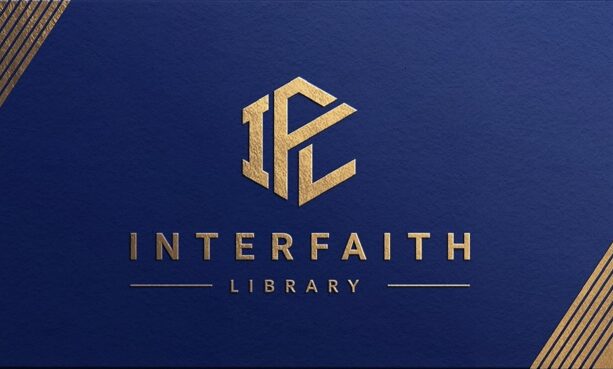What makes Muslim communities in America uniquely different from others?
Muslim communities in America may differ from other communities in several ways. Firstly, Islam is a central aspect of their identity, shaping their values, beliefs, and practices. They take God’s directives very seriously. Mosques serve as social and religious centers, fostering a sense of community and collective worship. Dietary restrictions, such as abstaining from pork and alcohol, may set Muslims apart in terms of food choices. Cultural traditions and celebrations, like Eid al-Fitr and Eid al-Adha, contribute to a distinct cultural landscape.
Muslims may also face unique challenges, such as combating stereotypes and Islamophobia. However, like any community, Muslim communities are diverse, embracing a wide range of ethnicities, nationalities, and interpretations of Islam. Even with such diversities, Muslims hold firm to certain values and principles.
What does the Muslim family look like?
The Muslim family dynamic is diverse but often revolves around strong bonds and a sense of community. Family members typically prioritize mutual respect, support, and love. Islamic values and teachings play a central role in shaping family relationships, emphasizing the importance of family unity, parental authority, and filial piety. Gender roles and responsibilities can vary, but a sense of shared responsibility and care for one another is commonly emphasized.
Why is prayer so important in Islam?
Prayer is fundamental in Islam because it serves as a direct connection between believers and God. It fosters spiritual growth, humility, and submission to God’s will. Through prayer, Muslims express gratitude, seek forgiveness, and find solace. It reinforces discipline, mindfulness, and a sense of community. Ultimately, prayer is a pillar of faith, serving to strengthen one’s relationship with Allah and attain spiritual enlightenment.
The Mosque and it’s importance in Islamic societies.
A mosque is of utmost importance to an Islamic community. It serves as a sacred space for communal worship, spiritual growth, and the fostering of Muslim identity. It facilitates religious education, community gatherings, and acts as a center for charity and social services. The mosque plays a vital role in promoting unity, solidarity, and the preservation of Islamic traditions, values, and teachings.
What does peace and self-sacrifice look like in Islam?
Muslims are often characterized as generous and self-sacrificing due to the teachings and values emphasized in Islam. The religion encourages acts of charity (zakat) and selflessness, promoting compassion and care for others, especially those in need. Additionally, the concept of brotherhood and unity within the Muslim community (ummah) fosters a sense of collective responsibility and a willingness to help others.
What is the month of Ramadan?
Ramadan is a lunar month of spiritual reflection and increased devotion. It commemorates the revelation of the Quran to the Prophet Muhammad. Through fasting from dawn to sunset, Muslims practice self-discipline, empathy, and gratitude. It fosters unity within the community, encourages acts of charity, and strengthens the bond with God, leading to personal growth and spiritual purification.
In conclusion, the Islamic culture encompasses a diverse range of beliefs, practices, and traditions shared by Muslims worldwide. Rooted in the teachings of the Quran and the Prophet Muhammad, it emphasizes monotheism, prayer, charity, fasting, and pilgrimage. Muslims are followers of Islam, a religion that values peace, justice, humility, and family. Islamic culture celebrates art, architecture, literature, calligraphy, and music, while fostering a strong sense of community and hospitality. It is a rich tapestry of customs, languages, ethnicities, and histories, reflecting the global Muslim population.
